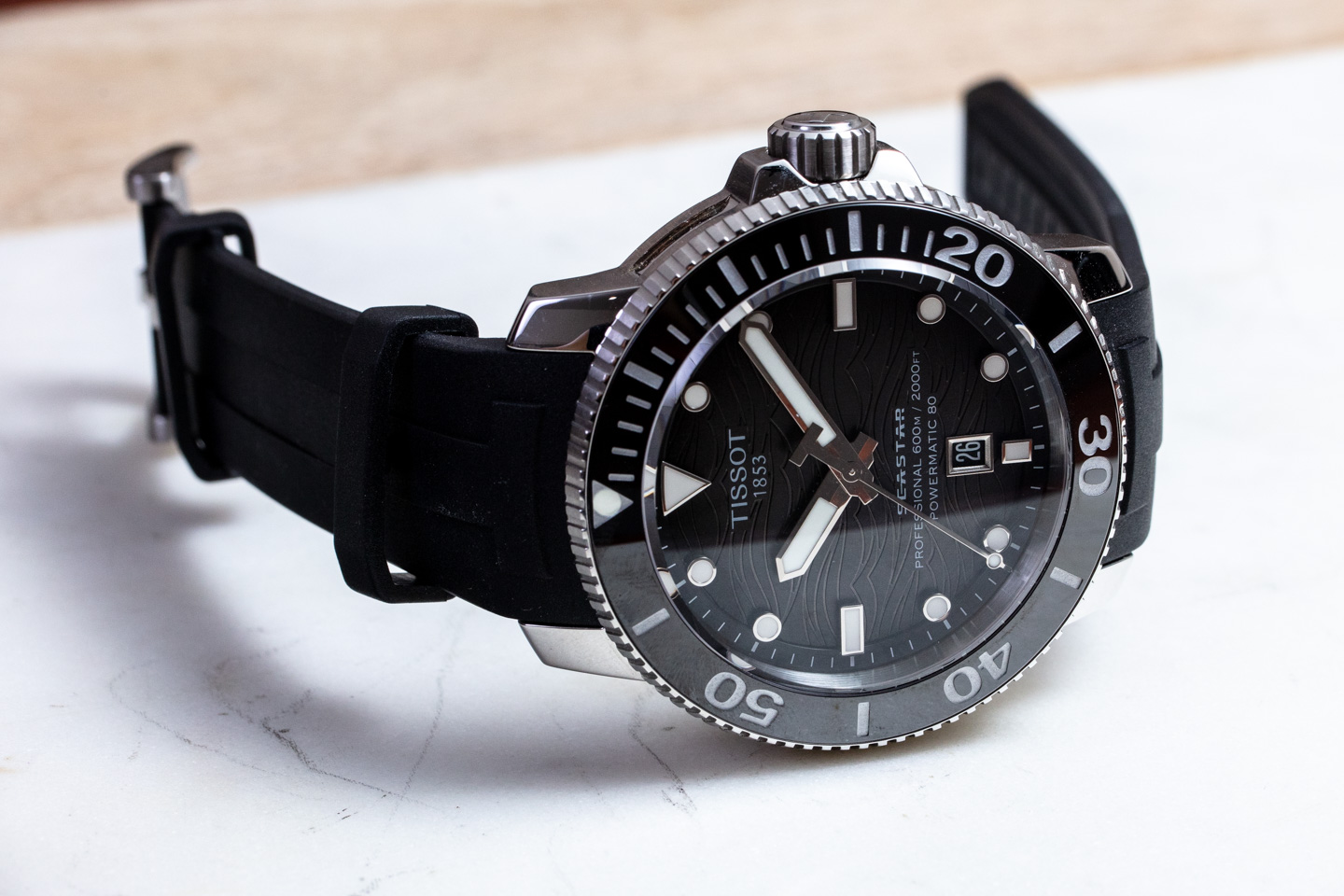First, some disappointing information: Nobody is able to crafting a universally-applicable, absolutely-ironclad working routine that prescribes the right variety of miles or minutes for attaining optimum human efficiency. However these of you able to crack the traditional truly, zero working is the right quantity zinger are sorely lacking out. Operating often is positively more healthy than not doing so, by way of each decreasing your danger of coronary heart illness and likewise growing the anticipated length of your life.
Apart from, there are few guidelines of thumb that ought to be useful within the quest to search out the right routine for your optimum efficiency. To that finish, we requested a number of specialists to weigh in on the way to resolve how far and how briskly to run—and the way to know when it's time to cease.
For the inexperienced persons: Keep on with fundamentals
In accordance with Highway Runners of America licensed coach Laura Norris, step one for novices is to begin sluggish, and to be unafraid of embracing run-walk intervals. Certain, your preliminary classes received't double as Rocky coaching montages, however you should give bones, muscular tissues, and tendons time to catch up. "Rising your mileage earlier than your musculoskeletal system adapts will increase your danger of damage," she says. Hitting the pavement too enthusiastically is a standard mistake, says former NCAA distance coach and New York Metropolis-based working coach Sean Fortune, particularly amongst youthful, untrained males.
Slightly than aiming for particular mileage targets, Norris encourages inexperienced persons to scale back the length of strolling intervals till you're as much as 30 uninterrupted minutes of working. There's nothing flawed with some cross-training as you’re employed in direction of that milestone, both; issues like swimming, biking, and the elliptical will assist develop cardio health with much less impression, Norris says.
On a weekly foundation, 4 or 5 classes of those classes is good for sustaining a fundamental, wholesome stage of cardio. In the end, says working coach Bobby McGee, you need to be sure you're attending to that day's "begin line"—no matter that time period means for you—wholesome and recent. "In case your coaching didn’t permit for this situation, you skilled an excessive amount of," McGee says.
For the intermediates: Know thyself
When you've figuratively hit your stride, you're going to figuratively hit a fork within the street, too, and growing the issue sliders is usually a difficult job. "There are two indications that you should change your routine: psychological burnout and a bodily plateau," Norris says. "The thoughts and physique thrive on selection."
When that second arrives, it's on you to discover a more difficult candy spot—for instance, by pivoting to an outdoor, distance-oriented plan, as an alternative of watching the treadmill clock. Age, damage historical past, medical circumstances, and health stage ought to all think about to this decisionmaking course of. This 12 months, as an example, Fortune is aiming for a complete of 40 miles per week; that's lower than in earlier years, however crucial in gentle of his heavier-than-normal journey itinerary.
For what it's price, GQ workers author and up to date New York Metropolis marathon finisher Clay Skipper estimates that he runs between six and ten miles as soon as each 5 or 6 days. It's a routine that may possible garner some tsk-tsking from coaches for its lack of continuity, and Clay is aware of it: "I don't advocate this coaching approach," he says. "I landed on that quantity as a result of it's simply lengthy sufficient and sometimes sufficient to assuage the dreaded I've in all probability misplaced all the stamina I gained in marathon coaching feeling that creeps in."
That nervousness isn't uncommon, and Fortune cited it as a real consideration for runners searching for a sustainable routine. "I’ve plenty of nervous vitality constructed up every day," he says. "I can fidget, chunk my nails, and have bother focusing if I don't get in some type of train. Different individuals don't have the nervous vitality. All of this contributes to every runner's profile in figuring out their optimum quantity of working."
For the specialists: It's in all probability time to chill out
After discovering that candy spot, the third stage of runner's guilt is fearing that you just've grown complacent, after which pushing too arduous, too shortly. Relaxation assured: You're in all probability simply fantastic. McGee says this sense is most frequently pushed by a want to realize some arbitrary, preordained time or tempo quantity, with out listening to what the physique thinks about it. It can be pushed by different elements—for instance, the will to lose a considerable amount of weight, or to realize a sure physique fats proportion.
Keep in mind, Meb Keflezighi wasn't made in a day, so look out for the telltale indicators that you just're in too deep: should you're drained, moody, or have bother sleeping, or end up dropping your urge for food or your intercourse drive (or each). Overtrained feminine athletes may miss a menstrual cycle. And never all of the crimson flags contain bodily circumstances, both. For those who're doing a horrible job at sustaining private relationships, the quantity of working you're doing is formally an excessive amount of working. An excellent rule of thumb: Ball is life, however working will not be.



























Comments